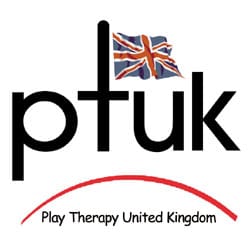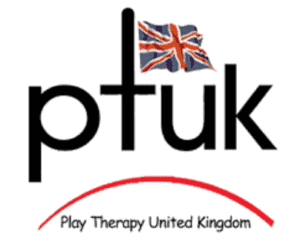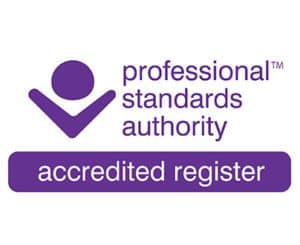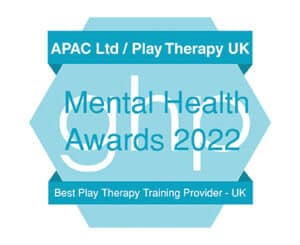Within other caring professions, much research has been conducted in the areas of selfcare practices, self-care issues and the incorporation of self-care training within education programmes. As yet there has been no published research regarding self-care from the perspective of play therapists. This study used a concurrent mixed methods approach to explore play therapists attitudes towards self-care and whether there is a need for selfcare to be further addressed within play therapy training. Five semi-structured interviews were conducted with play therapists. The interviewees completed a questionnaire at the end of their interview and 24 other play therapists completed the same questionnaire anonymously online. Play therapists attitudes were found to fit within 24 themes and five overarching thematic categories, namely:
· Challenges that relate to self-care and wellbeing · Ease and lack of conflict around self-care · Importance of self-care and its components · Wellbeing found in relationship to others/in caring for others · Self-care within play therapy training, CPD courses and PTUK
Participants attitudes highlighted areas of contentment and areas of need in relation to self-care. The majority of participants communicated that they would have appreciated more emphasis on self-care within play therapy training. They also suggested that further self-care training in the form of CPD courses would be appreciated. Although many selfcare needs were communicated, participants may experience wellbeing in relation to their work in the form of enjoyment and satisfaction.
Conclusions arrived at as a consequence of this study suggest that whilst some therapists experience ease in relation to self-care, many play therapists may have unmet needs in this area. Considering that self-care is crucial to play therapists wellbeing and efficacy, it is important to ensure that any needs in this area are addressed through effective training.
Possibilities for further research in the area of self-care are suggested.
Policies
© 2024 Play Therapy UK.





